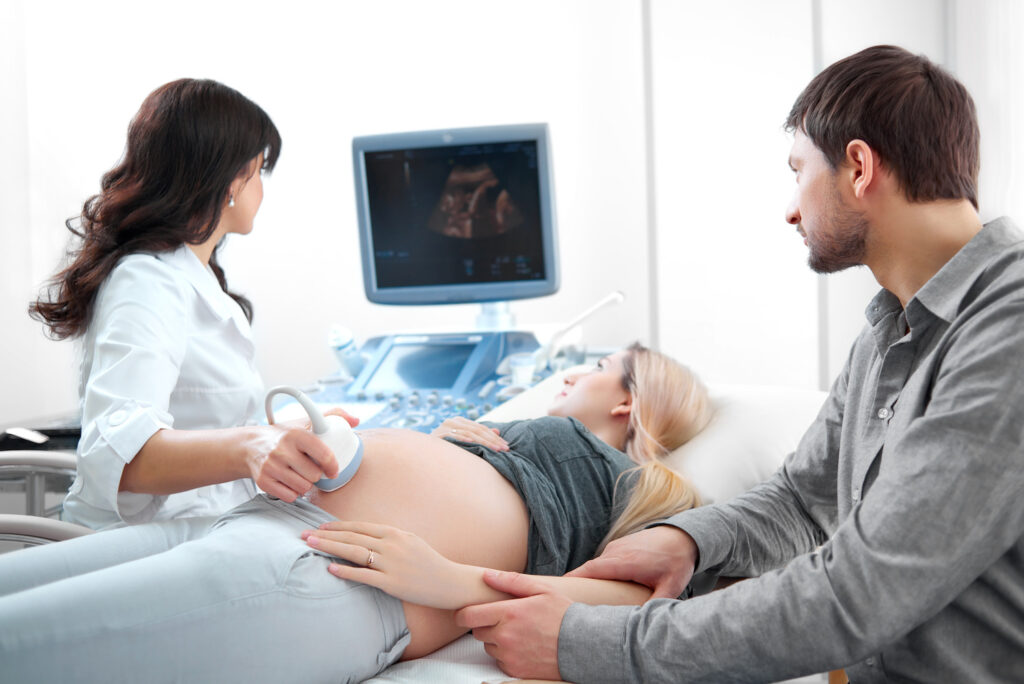Study: Two-thirds of abortions ‘unwanted, coerced, or otherwise inconsistent’ with women’s values, preferences
While abortion proponents often argue against “unwanted pregnancies,” a recent study suggests the nation needs to consider the problem of unwanted abortions.
The peer-reviewed study found 67%…

While abortion proponents often argue against “unwanted pregnancies,” a recent study suggests the nation needs to consider the problem of unwanted abortions.
The peer-reviewed study found 67% of women reporting a history of abortion said it had been coerced, unwanted, or inconsistent with their values and preferences.
“Sixty percent reported they would have preferred to give birth if they had received more support from others or had more financial security,” researchers wrote in the medical journal Cureus.
“More research is needed to understand better the experience of the two-thirds of women for whom abortion is unwanted, coerced, or otherwise inconsistent with their own values and preferences,” the article states.
‘Pressured into unwanted abortions’
The study aligns with previous research by the Charlotte Lozier Institute, which is affiliated with the Susan B. Anthony Pro-Life America nonprofit.
In one survey of 1,000 females aged 41 to 45, more than 60% of women who had had abortions reported high levels of pressure to abort from one or more sources.
They also said they were more likely to experience negative emotional and mental health reactions after feeling pressured to agree to abortion.
“Abortion clinics cannot claim to be pro-woman while at the same time allowing the majority of their clients to be pressured into unwanted abortions,” said David Reardon, Ph.D., lead author of the study and Lozier Institute associate scholar.
“In a country torn by political debate over abortion, surely these findings underscore one point on which we should all be able to agree: No woman should ever feel pressured into accepting an unwanted abortion.”
Recent campaigns across university campuses have pushed abortion pills as a “safe option to end pregnancy in the first 12 weeks,” further highlighting concerns over potential dangers to women.
“It encourages the use of chemical abortion pills which kill a preborn child and leave women at risk of injury, infertility, domestic abuse, and death,” said Caroline Wharton, press strategist for Students for Life of America.
The pro-abortion campaign also extends the gestational limit further than recommended by the Food and Drug Administration (FDA), Wharton said. The FDA has reported 28 deaths associated with mifepristone, a drug approved in 2000 and used in the popular abortion pill.
“We tend to think of abortion coercion in countries with oppressive regimes like China,” said Tessa Longbons, Lozier’s senior research associate. “In fact, this shocking hidden epidemic is happening all around us.
“Mail-order abortion pills remove the doctor from the room and make it easier than ever to force abortions on women and girls who do not want them – their distress compounded by the sight of their baby’s clearly human body.”
Women who feel pressured to abort can receive free resources from pregnancy resource centers, which provide a range of community benefits such as licensed healthcare, social services, and financial aid.
For example, Advice & Aid Pregnancy Centers in Overland Park, Kansas, provides free pregnancy testing and limited obstetrical ultrasounds. Women can also receive STD and STI testing and treatment, abortion pill reversals, and free educational classes up to two years after their children are born.
“Our desire is to provide information on all options, and [we] do speak to them about the potential long-term effects and how it may affect their lives, but we cannot make anybody make a decision on their pregnancy,” said Ruth Tisdale, the center’s executive director. “That is totally up to them.”



